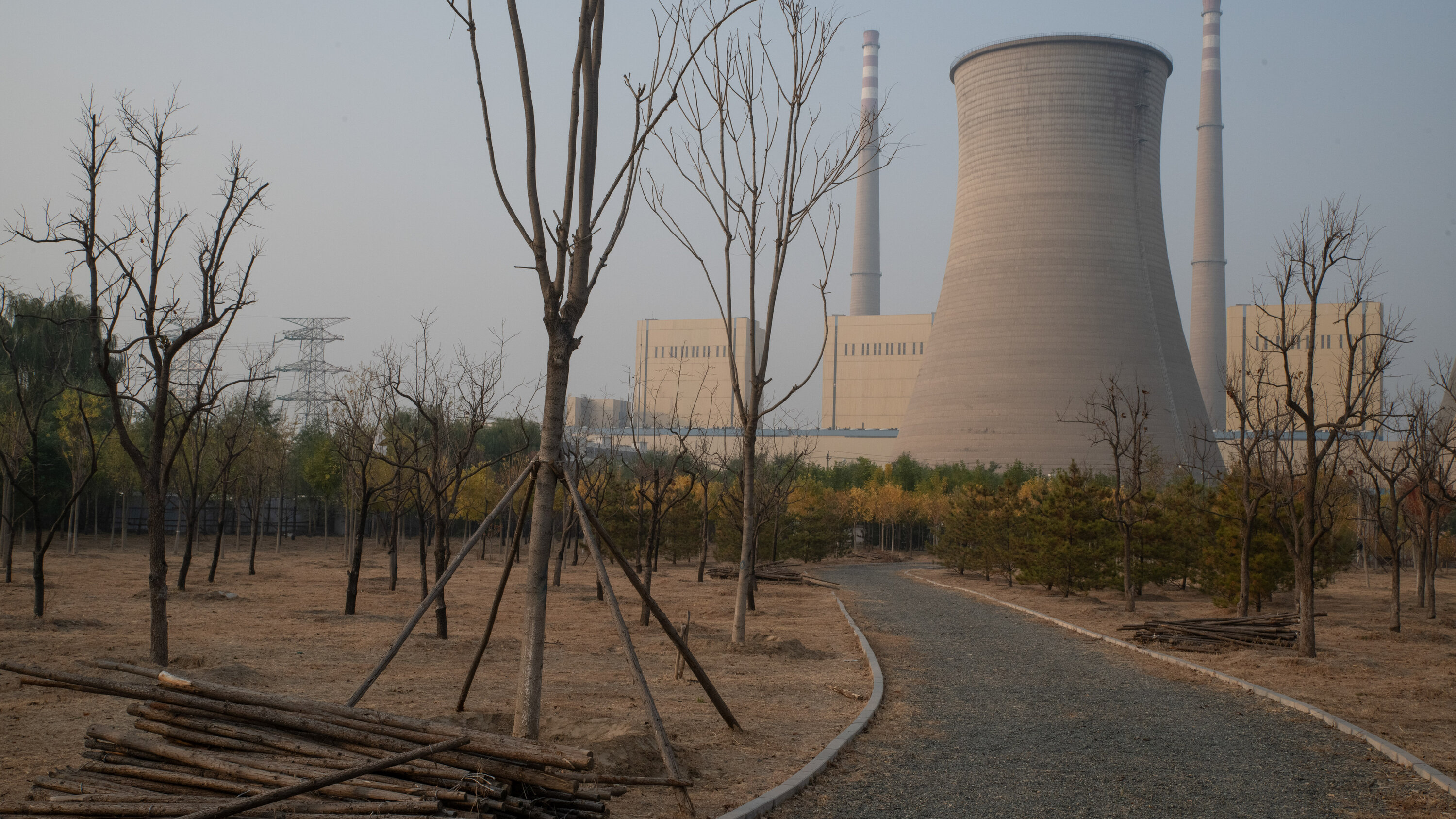Accelerated Nuclear Power Plant Construction: A Trump Administration Proposal

Table of Contents
Regulatory Reform and Streamlining the Permitting Process
The Trump administration sought to drastically reduce the time and complexity involved in securing regulatory approvals for new nuclear power plants. This involved streamlining the Nuclear Regulatory Commission (NRC) review process, a notoriously lengthy and intricate procedure. The aim was to reduce bureaucratic hurdles and accelerate project timelines, thereby making nuclear power a more economically viable option.
Specific proposed changes included:
- Reduced bureaucratic hurdles: Efforts were made to simplify the application process and reduce unnecessary paperwork.
- Faster environmental impact assessments: Streamlining the environmental review process, aiming for quicker completion of environmental impact statements (EIS).
- Streamlined licensing procedures: Consolidating and simplifying the various licensing stages to reduce overall processing time.
- Potential impact on project timelines and costs: The goal was to significantly reduce the lead time for project completion, leading to lower overall costs.
However, these regulatory changes faced criticism. Concerns were raised about potential compromises to environmental protection and public safety. Counterarguments emphasized the economic benefits and the need for a faster permitting process to compete with other energy sources. The effectiveness of these regulatory changes in actually accelerating project timelines remains a subject of debate.
Financial Incentives and Investment in Nuclear Energy
A key element of the Trump administration's plan was to incentivize private investment in nuclear power plant construction. This involved offering various financial incentives designed to make nuclear projects more attractive to investors. These incentives aimed to offset the high upfront costs associated with nuclear power plant construction.
The incentives included:
- Tax credits: Reductions in tax liabilities for companies investing in new nuclear power plants.
- Loan guarantees: Government-backed loans to reduce the financial risk for private investors.
- Government subsidies: Direct financial assistance to support the construction of new plants.
The effectiveness of these incentives in attracting significant private investment and accelerating construction is a complex issue. While some projects may have benefited, the overall impact on the rate of new nuclear plant construction was limited. The high capital costs and long construction timelines of nuclear power plants continue to pose substantial challenges to attracting private investment, even with government support.
Technological Advancements and Next-Generation Nuclear Reactors
The Trump administration's proposal, while focusing on accelerating existing reactor designs, also indirectly considered the role of next-generation nuclear reactors, particularly Small Modular Reactors (SMRs). SMRs offer the potential for faster construction times and reduced costs compared to traditional large-scale reactors.
Potential benefits of incorporating SMR technology include:
- Faster construction times: Factory-fabricated modules can be assembled on-site, reducing construction time.
- Reduced construction costs: Standardization and factory production can lead to significant cost savings.
- Improved safety features: Advanced designs often incorporate enhanced safety features.
However, challenges remain in deploying these newer technologies:
- Challenges in deploying new technologies: Regulatory hurdles specific to new reactor designs, lack of established supply chains, and limited operational experience.
Public Opinion and Environmental Concerns
Public perception of nuclear energy remains a significant factor influencing the success of initiatives aimed at accelerating nuclear power plant construction. Concerns surrounding nuclear waste disposal and the potential for accidents continue to generate public resistance in many communities.
Key factors affecting public acceptance include:
- Public acceptance of nuclear power: Surveys show varying levels of public support for nuclear energy, often dependent on specific location and existing energy infrastructure.
- Concerns about nuclear waste management: The long-term storage and disposal of nuclear waste remain a major point of concern.
- Addressing public safety and environmental risks: Effective communication and transparent safety protocols are essential to address public concerns.
- The role of public outreach and education: Proactive public engagement and education campaigns are crucial for building public trust and support.
Accelerated Nuclear Power Plant Construction: A Retrospective
The Trump administration's proposal for accelerated nuclear power plant construction aimed to revitalize the nuclear energy sector by streamlining regulations, providing financial incentives, and indirectly supporting the development of advanced reactor technologies. While the administration implemented some regulatory changes and offered financial incentives, the overall impact on the rate of new nuclear plant construction was limited. High capital costs, lengthy permitting processes, and persistent public concerns regarding nuclear waste and safety remain significant obstacles. The long-term implications for the nuclear energy sector depend on further technological advancements, evolving public attitudes, and government policies that address the inherent challenges of this energy source. To learn more about accelerated nuclear power plant construction and explore the future of nuclear energy, further research into advancements in nuclear reactor technology and updated regulatory frameworks is encouraged.

Featured Posts
-
 Santorini Earthquake Activity Scientists Report Decreasing Tremors Future Outlook Uncertain
May 11, 2025
Santorini Earthquake Activity Scientists Report Decreasing Tremors Future Outlook Uncertain
May 11, 2025 -
 Dance Track Sensation Ill House U Neal Mc Clelland And Andrea Love Collaborate
May 11, 2025
Dance Track Sensation Ill House U Neal Mc Clelland And Andrea Love Collaborate
May 11, 2025 -
 Mtv Movie And Tv Awards Cancelled For 2025
May 11, 2025
Mtv Movie And Tv Awards Cancelled For 2025
May 11, 2025 -
 Sissal To Represent Denmark At Eurovision 2025 A Realistic Assessment
May 11, 2025
Sissal To Represent Denmark At Eurovision 2025 A Realistic Assessment
May 11, 2025 -
 Noj Napada Borisa Dzonsona U Teksasu
May 11, 2025
Noj Napada Borisa Dzonsona U Teksasu
May 11, 2025
